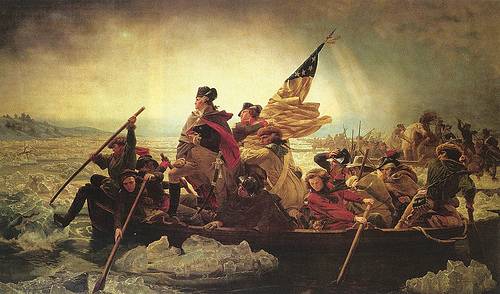A “sonic alphabet” composed by Harry Mathews:
Hay, be seedy! He-effigy, hate-shy jaky yellow man, O peek! You are rusty, you’ve edible, you ex-wise he!
Read it aloud. In 1886, J.H. Lundgren composed this sentence for Notes and Queries:
Oh Ellen, pea jay, ivy effigy, double you are! empty essay! why? you see age decay; be excused!
“It will be observed that the actual sounds (names) of the twenty-six letters of the alphabet are here represented by the several syllables of the eighteen words employed, and with the exception of ‘age’ for H, almost correctly. A perfectly faultless rendering may perhaps not be attainable.”



